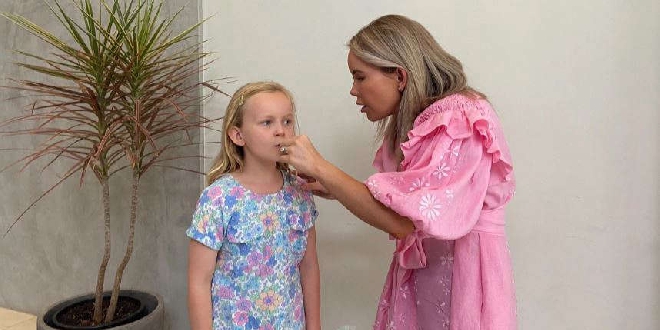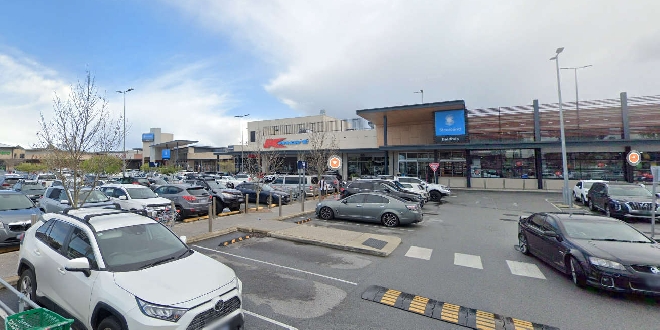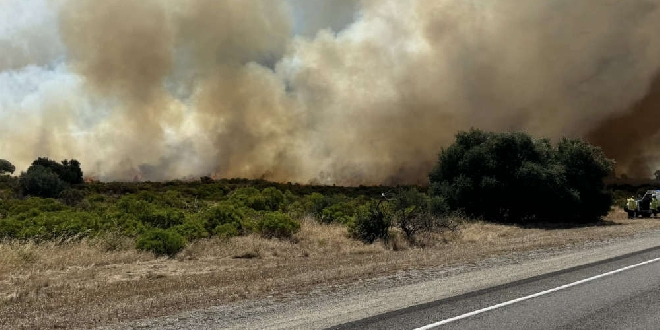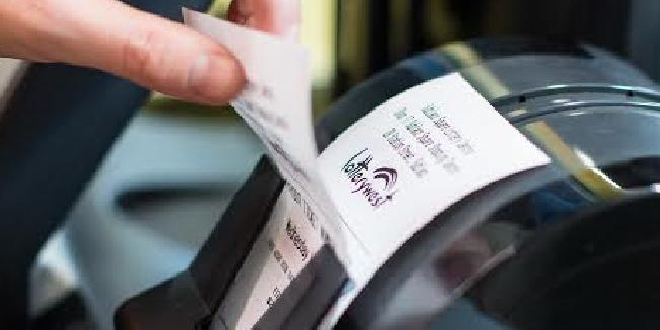
Researchers will be door-knocking at random households across the Perth metro area and testing residents in a new study aimed at finding undetected COVID-19 cases.
The State Government has provided more than $130,000 to the Telethon Kids Institute to conduct the Perth COVID-19 Infection Study in conjunction with Curtin University.
Beginning this Saturday, March 19, researchers will visit households on a random basis and ask residents if they would like to do a voluntary COVID-19 test using a new technology called LAMP (loop mediated isothermal amplification).
The test uses a simple, non-invasive saliva sample which people can collect themselves.
As well as a saliva sample, participants will be asked questions about their age, type of work or study and vaccination status.
Results from the research will be used to gain a picture of how much undetected COVID-19 infection is likely to be in the Perth community.
The test is not yet approved by the Therapeutic Goods Administration as a diagnostic test for individuals but can be used for screening purposes
Anyone who returns a positive result during the study will be contacted to let them know they should take a rapid antigen test or get a PCR test to confirm their result.
“We are very close to hitting the peak of COVID-19 cases in Western Australia, so now is the ideal time for this study to be conducted," Health Minister Amber-Jade Sanderson said.
“We have always suspected that there are more COVID-19 cases in the community than daily testing results show.
“We know that some people who get COVID are asymptomatic; people who are feeling perfectly normal are probably not going to get tested unless they are required to under isolation rules."
Around 250 households will be recruited to the study every weekend, equivalent to around 800 people per weekend, including adults, teenagers and children.
Households in the targeted areas will soon receive a flyer in their letterbox with details about the study.



 State Government to fund Coodanup boat ramp upgrade
State Government to fund Coodanup boat ramp upgrade
 Locals claim $1m Lotto wins
Locals claim $1m Lotto wins
 Double demerits now in force over Christmas period
Double demerits now in force over Christmas period
 Firefighters contain and control Furnissdale blaze
Firefighters contain and control Furnissdale blaze
 Baldivis named as worst car park crash suburb in WA
Baldivis named as worst car park crash suburb in WA
 Mandurah man nearly misses out on $150k Lotto win
Mandurah man nearly misses out on $150k Lotto win
 Port Kennedy bushfire deliberately lit
Port Kennedy bushfire deliberately lit
 Emergency crews kept busy with Dawesville boat fire, Greenfields house fire
Emergency crews kept busy with Dawesville boat fire, Greenfields house fire
 Lotto wins for Halls Head and Byford
Lotto wins for Halls Head and Byford